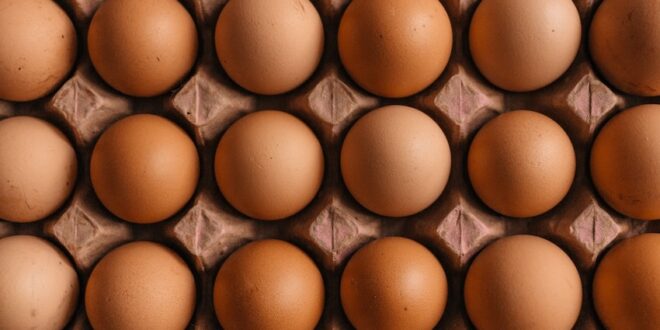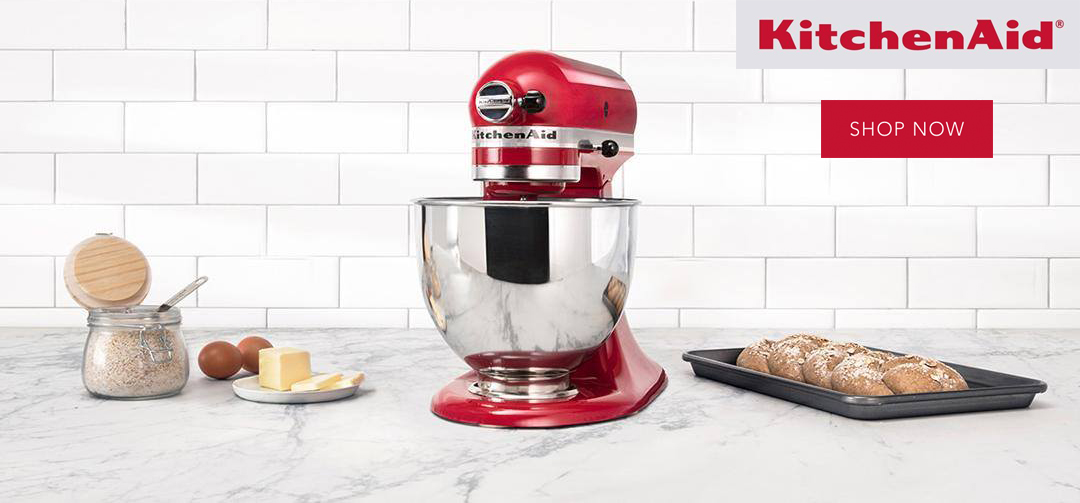Who, in their 60s, can ever forget the TV egg advert jingle “When there’s an egg in the house, there’s a meal in the house!” Although this catchy little tune is firmly embedded in our brains, times have moved on, and now, not having an egg in the house is no reason to panic. In fact, there are several alternatives to eggs in baking and cooking, and they‘re all handy to have on hand, whether or not you’re expecting a vegan for dinner!
What function do eggs serve in cooking?
Eggs are made up of water (73%), protein (13%), fat (12%), and minerals (2%). It’s the protein (found more in the white of an egg than the yolk) which brings structure (shape and solidity) to whatever you’re cooking. Egg white contains no fat (which is why it’s often favoured by those who are trying to lose weight). The yolk of the egg contains the fat, and is what helps keep baked goods tender, in the same way butter and oil does. The egg yolk also delivers flavour and depth of colour to cooking. The water in eggs helps keep everything moist (which is why it’s important to cut back on the liquid content in a recipe if your eggs are extra large).
Eggs help with emulsifying (the process of holding fats and liquids together so they don’t separate out). This is why eggs are often used in sauces and mayonnaise where milk or vinegar is combined with fats such as butter or oil). Eggs also help cooked and baked goods to rise, especially when the whites are first whipped into a stiff foam.
So, when it all boils down (if you’ll pardon the pun), eggs have a big role to play in the kitchen. However, if you don’t have them on hand, all is not lost!
Why use an egg replacement
Even if you’re not short of an egg or two, there are other reasons why you may want a substitute for them. Egg allergies are not uncommon, especially in children. Some people avoid eggs for health reasons (eggs are very high in cholesterol and saturated fat, both of which can contribute to heart disease), while eggs are also off the menu for some because of religious reasons (many Hindus, for example, choose not to eat eggs). Then there are vegans, who choose to eschew all animal products.
How to substitute for an egg
First things first: an egg equals approximately a quarter of a cup in volume. So, that’s how much of (anything) you’ll need to replace if you leave out an egg in a recipe. Next, what you’re cooking or baking will dictate the substitute you should use for an egg. And finally, there are some situations where it’s simply not possible to substitute, and if you can’t use an egg, you really need to look for another recipe.
In quick breads (such as pancakes and pikelets), and baked goods (such as muffins and cakes), instead of egg, you can use (by volume), apple sauce, mashed banana, mashed tofu, or whipped pumpkin pulp. When it comes to biscuits, try using a tablespoon of finely ground flaxseed mixed with 3 tablespoons of water to replace one egg. When using an egg substitute in any recipe, the general rule of thumb is to add a quarter of a teaspoon of baking powder for every egg you are replacing.
If it all gets too hard, there are products such as No Egg – Egg Replacer (for baked goods) and Easy Egg (for general cooking) which you can purchase commercially. Reading the ingredients on the packets of these products can also serve as a guide for making your own replacements.
Once, having an egg in the house meant you were prepared for almost anything! Nowadays, it’s wise to have an alternative up your sleeve (especially one that won’t break!).










Join the Discussion
Type out your comment here:
You must be logged in to post a comment.